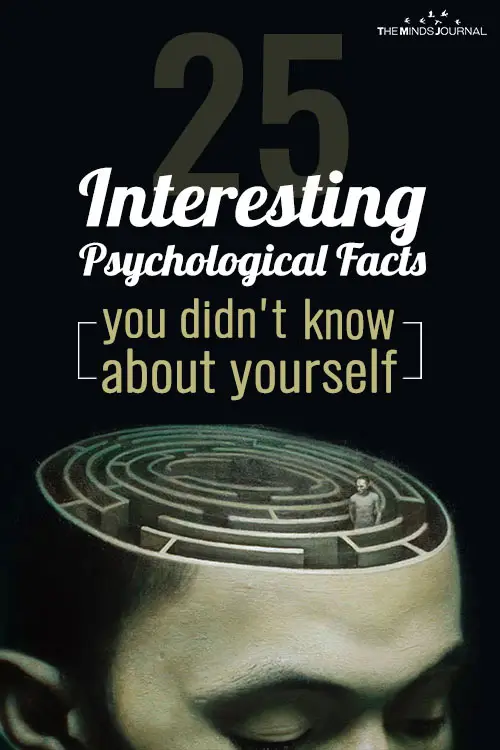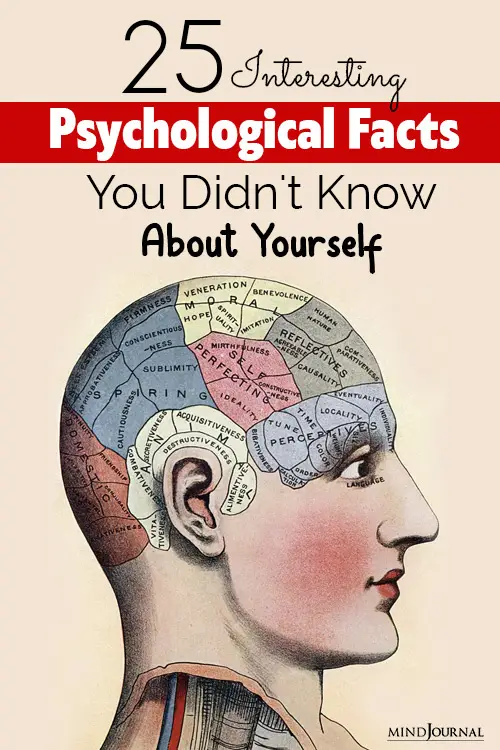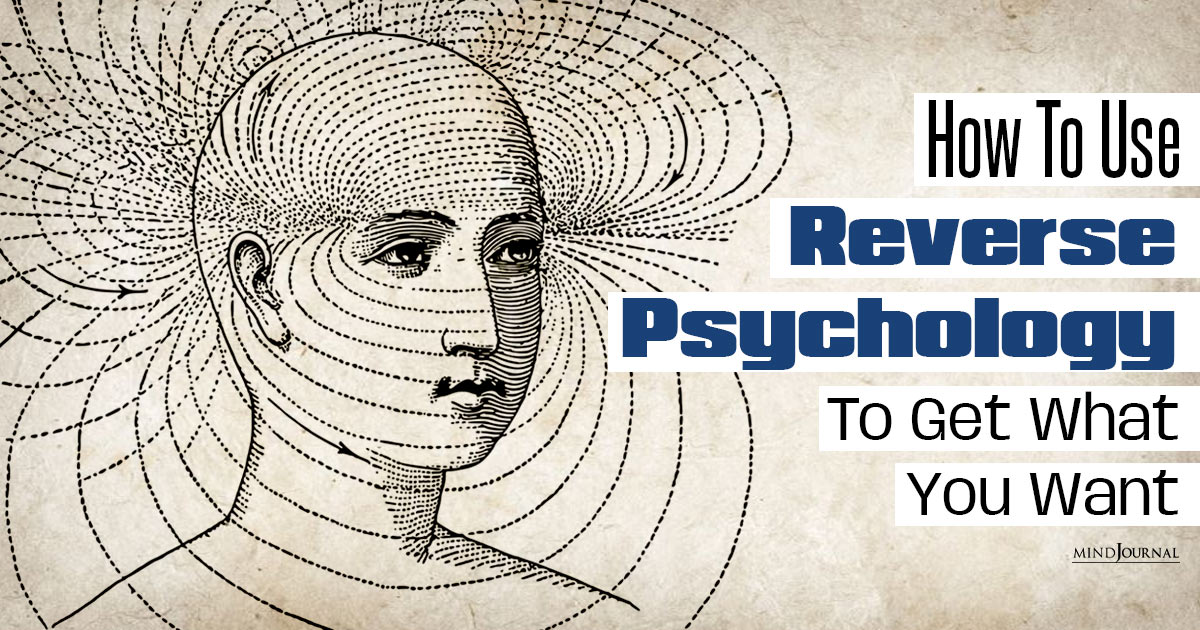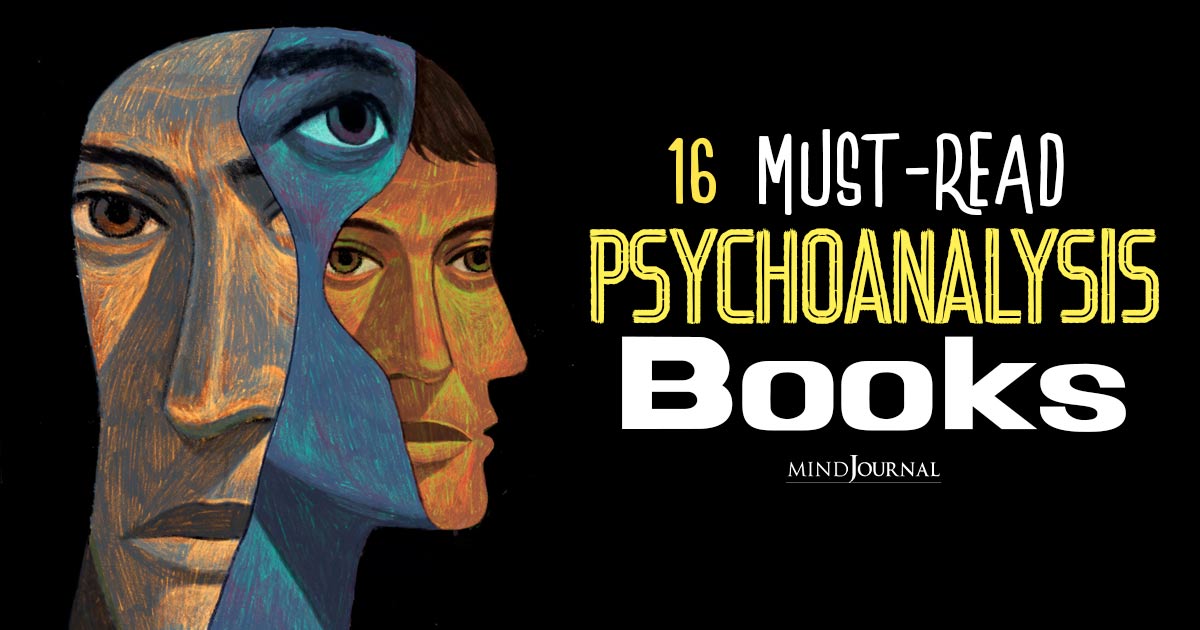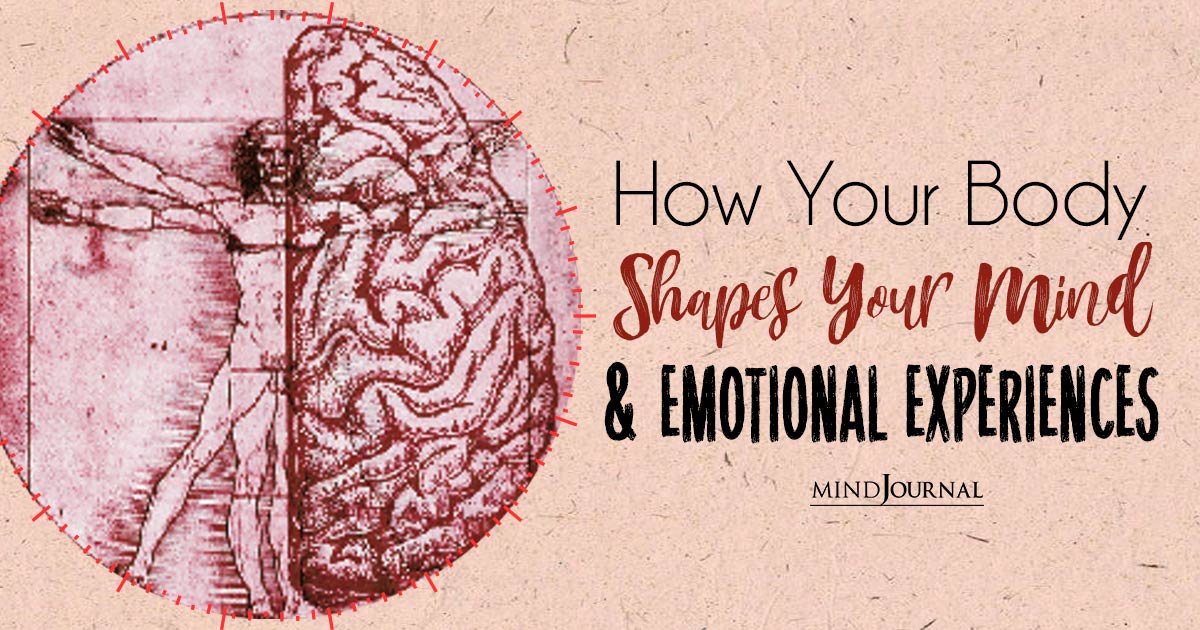Things you didn’t know about yourself: Some mind-blowing interesting psychological facts!
How well do you know yourself? You may know your favorite food, what type of clothes you like, your favorite holiday destination, your body weight, and even how you react in certain situations.
But is that all? Do you know how your mind works? Do you know how your mind influences your mood, behavior, and actions?
Lucky for us, with the help of psychology, scientists have discovered several interesting psychological facts that will enable you to understand yourself a whole lot better.
Psychology is the study of the human mind & behavior and includes various aspects of the human experience. These psychological facts are not only shocking and interesting, they are also highly fascinating and fun to learn.
25 Interesting psychological facts you didn’t know about yourself
If you want to know yourself better, then you’ve come to the right place. These fun psychological facts will help to make your life smoother and enable you to get better in everything in your life, from your career, relationships to self development.
Here are some interesting psychological facts and hacks that are common to everyone that will teach you about yourself. Probably, you didn’t know about these before.
Let’s learn some fun and shocking psychological facts!
1. Human needs drive us
As humans, all of us are motivated to strive hard and move forward by 6 fundamental human needs: love, growth, significance, contribution, certainty and uncertainty. These human needs are invisible forces which drive our thoughts, emotions, behavior and actions.
2. Stress is infectious
Stress can be highly contagious. Research by the Max Planck Institute for Cognitive and Brain Sciences and the Technische Universität Dresden revealed that we can feel stressed by being around someone who is stressed. This is why you need to be careful about who you spend your time with.

Read 6 signs you’re under excessive stress
3. Size of information matters
We want to know and learn different things but only a little bit at a time. It is easier for us to process and remember bite-sized chunks of information. We can easily remember 3-4 pieces of material at any given time and anything more than that will be lost. However, if the size of information is smaller than that, then we will crave more.
4. Rejection is painful
Our mind experiences rejection as actual pain. A recent research by the University of Michigan Medical School has found that our brain uses the same methods to cope with social rejection as it does to cope with physical pain.

5. Loss is more powerful than gain
Psychologically, we feel twice as bad when we lose something valuable to us, emotionally or financially, than how happy we felt when we gained it.

6. Sarcasm keeps you smart
If you respond to foolishness and a lack of common sense with sarcasm, then it indicates that you have a smart and healthy brain.
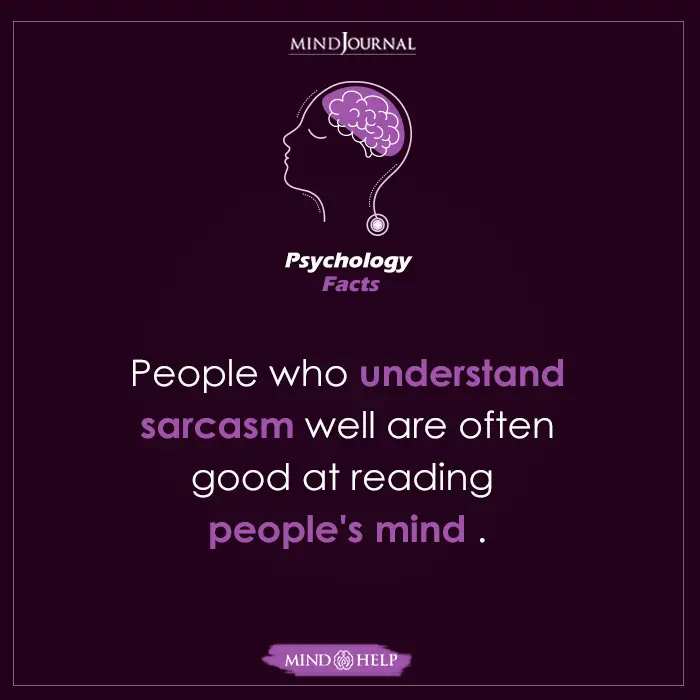
7. Vibes matter, words don’t
When you meet someone, whether new or old, they will remember how you made them feel more than what you told them. Instead of focusing on what you said or didn’t, you should focus on the vibe and rapport you share with a person.
8. Don’t make your goals public
Announcing your goals to others makes you less likely to achieve them due to loss of motivation. Contrary to popular belief, sharing your goals on social media or otherwise, satisfies your identity and prevents you from pursuing your goals, studies confirmed. A study by Peter Gollwitzer, professor of psychology in the Psychology Department at New York University, found publicly announcing goals makes us less accountable and lose motivation to achieve them.
Read how to develop the right mindset to achieve your goals.
9. Night owls are risk-takers

If you prefer to stay up, then it indicates that you’re a risk-taker. Studies have found that night owls tend to take more risks in career, relationships, and life than early birds. A new study published in the journal Evolutionary Psychology found women who stay up late are more prone to take as many risks as men.
10. Your favorite song is contextual
One of the most interesting psychological facts is that we all have a specific favorite song(s) because we relate the song(s) with a specific event(s) that have occurred in our lives. Studies have found our favorite music is exceptionally context-dependent and highly subject to quick change.

11. Multitasking is an illusion
Despite what you may think, you cannot multitask. It is a fact that your mind can only focus on one task at a time. Although there are few exceptions to physical activities like walking. Studies have revealed that only 2.5% of individuals can effectively multitask while the rest of us falsely believe we can do multiple complex tasks simultaneously.
12. Music affects perception
Here’s another one related to music. The type of music you listen to not only affects your mood, but it also influences and even changes your perception of the world, according to a study from the University of Groningen.
Read psychological effects of music.
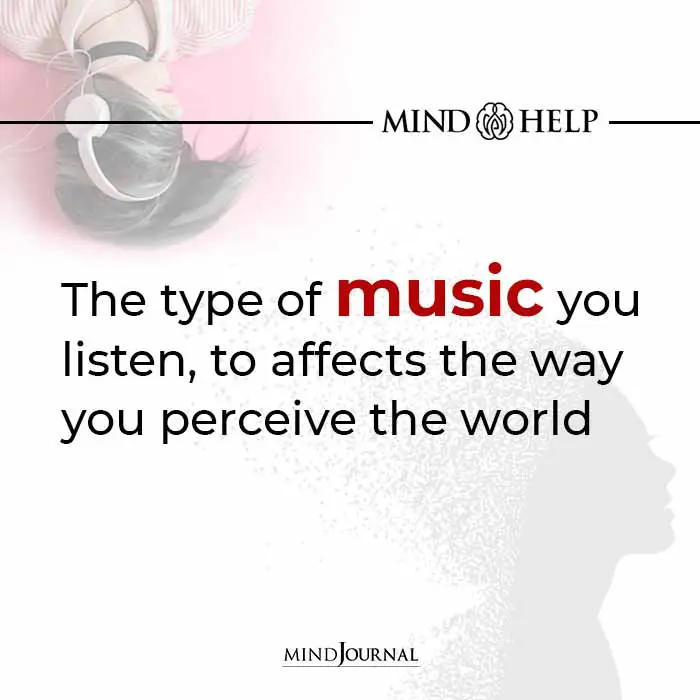
13. Spending on others equals happiness

Spending money on yourself, buying new clothes, eating your favorite food, and indulging in your favorite things may make you happy. But spending money on others can give you even more happiness.
Research has found that giving and spending money on others, whether your loved ones or doing charity, promotes happiness. Moreover, authors Michael Norton and Elizabeth Dunn also reveal quantitative and qualitative research on how spending money in a particular way can make us happy in their book ‘Happy Money: The Science of Smarter Spending’.
Rea Can Saving Money Make You Happier?
14. Love is like OCD
Biochemically, romantic love is almost indistinguishable from severe obsessive-compulsive disorder. This was confirmed by a study titled ‘Alteration of the platelet serotonin transporter in romantic love’ published in Psychological Medicine conducted by Donatella Marazziti from the University of Pisa and University of California San Diego.

15. Spending on experiences makes us happier

This is perhaps one of the most interesting psychological facts about yourself. If you believe that buying new things can make you happy, then you’re wrong. Studies have found that the secret to happiness is spending your hard-earned money on experiences rather than on material possessions. A new study from San Francisco State University revealed that individuals who invested money on experiences instead of material items felt more satisfied and happier.
16. Internet trolls are narcissistic
Do you like trolling online? Now science claims internet trolls might be psychopathic, machiavellian, sadistic and even narcissistic. A new psychology study by Erin Buckels of the University of Manitoba has revealed that there are significant correlations between personality traits known as the Dark Tetrad (sadism, psychopathy, narcissism & machiavellianism) and people who engage in online trolling behavior.
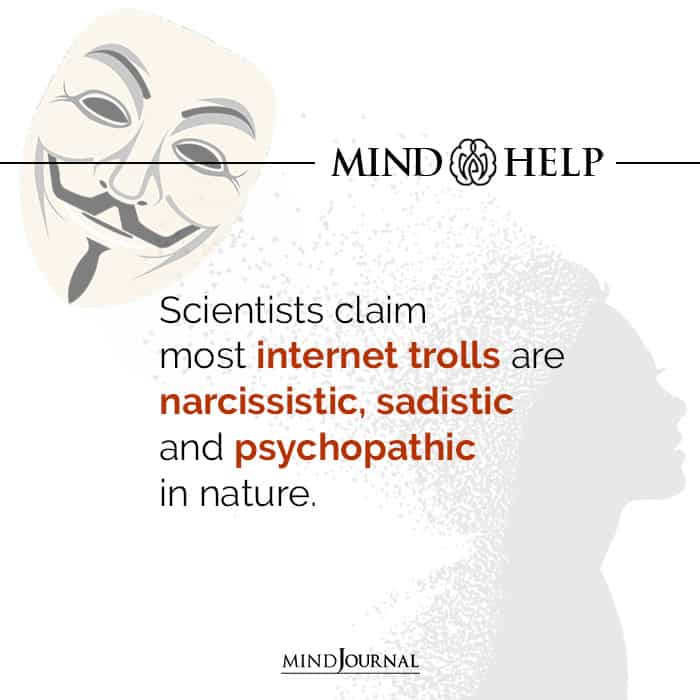
Read Ways A Narcissist Manipulates You and How To Shut Them Down
17. Phantom Vibration Syndrome
Do you ever feel your phone vibrating in your pockets only to find out it’s not? Well, this is known as the Phantom Vibration Syndrome and over 68% of mobile phone users feel their phone vibrating when, in reality, it’s not. In fact, the percentage is even higher in undergraduates, as 90% of them have experienced phantom vibrations according to a new study by Dr. Robert Rosenberger, assistant professor at Georgia Institute of Technology.

18. Anxiety in high school student
If you’re a high school student, then you might be as stressed out as a psychopath maniac from the early ’50s. Studies have revealed that today an average kid in high school experiences an equal level of anxiety as an average psychiatric patient from the 1950s.
19. Crying is therapeutic
Crying can make you feel a lot better about yourself and your life. Moreover, it can also help to reduce stress and keep you physically healthy. Recent research has found that crying is a highly effective healing tool and can successfully improve mood in over 88.8% of people who cry.

Read Does Crying Make you Feel Better?
20. Most people are perfectionists
Perfectionism is highly common and more than 90% of people tend to be perfectionists in some aspects of their lives. One study has found that less than “10% of people claim they’re not perfectionists in any area of life.”
21. Dogs can get you dates
Do you love dogs? Then our four-legged friends can help you meet the right romantic partner. A survey have found that 82% of individuals tend feel more confident about approaching a person of the opposite sex they find attractive, if their dog is with them.

Read 30 + Dog Quotes That Will Melt Every Animal Lover’s Heart
22. Swearing keeps you honest
Is the F-bomb your favorite verbal weapon? Do you love swearing? Then you just might be a straightforward, honest person. A study, published in the journal Social Psychological and Personality Science, found that individuals who like swear words and use them frequently are more likely, to be honest, and lie less often.

23. When time slows down
Engaging in new experiences and doing new things can actually slow down our instinctive sense of time and make it seem that time goes by faster, studies confirm.
24. Expertise makes us arrogant
Believing that we’re exceptionally talented at something makes us less humble, opinionated, and close-minded. A new study published in the Journal of Experimental Social Psychology revealed that feelings of expertise can make us more dogmatic, assertive, intolerant and resistant towards new concepts and ideas.
25. Grass is green on the other side of social media

We tend to believe that other people on social media are living a better, more satisfying, and active life than we are. A new study, by Sebastian Deri, a researcher at Cornell University, published in the Journal of Personality and Social Psychology found that most of us unfairly compare our lives in every way to others on social media and generally believe they are living a happier & more exciting life.
So there you have it!
These amazing and interesting psychological facts are sure to shock you and blow your mind.
Which of these did you find the most fascinating? How are you going to see yourself now that you are more self-aware of your mind and yourself?
Do let us know and feel free to share your own favorite psychological facts with us.
